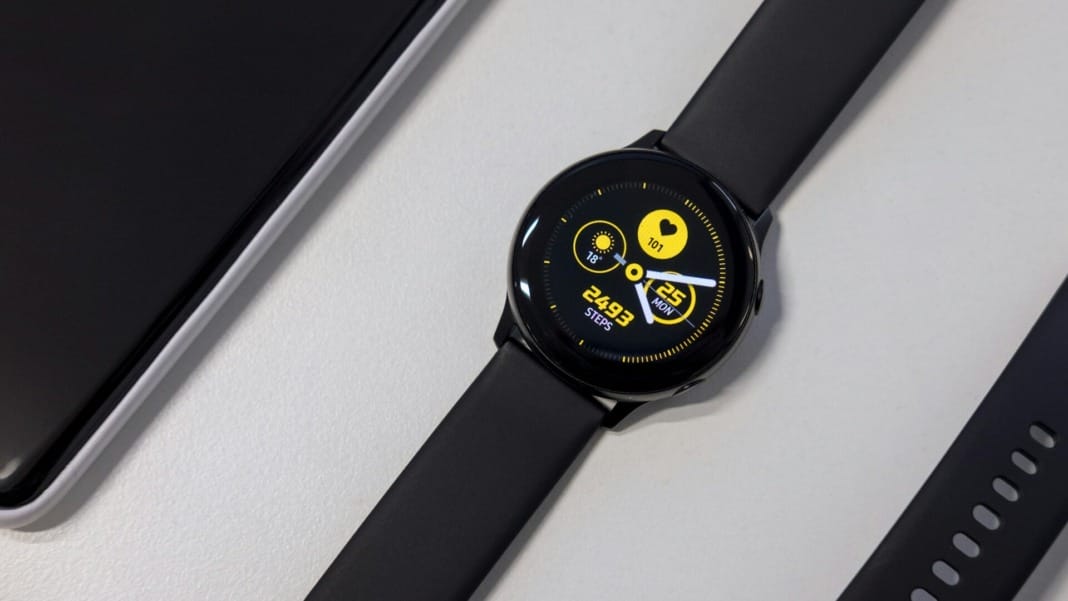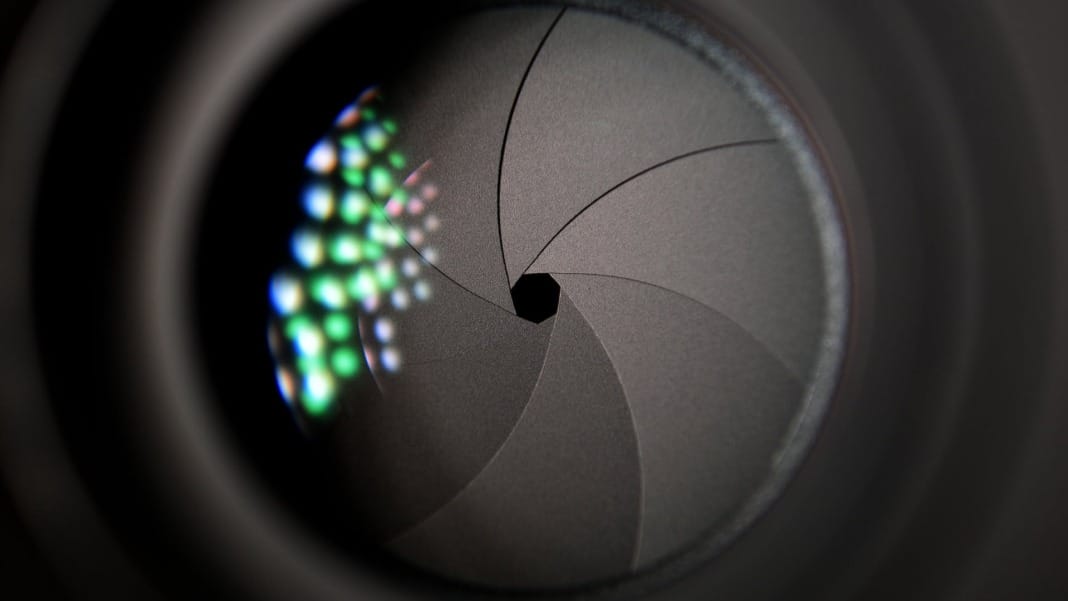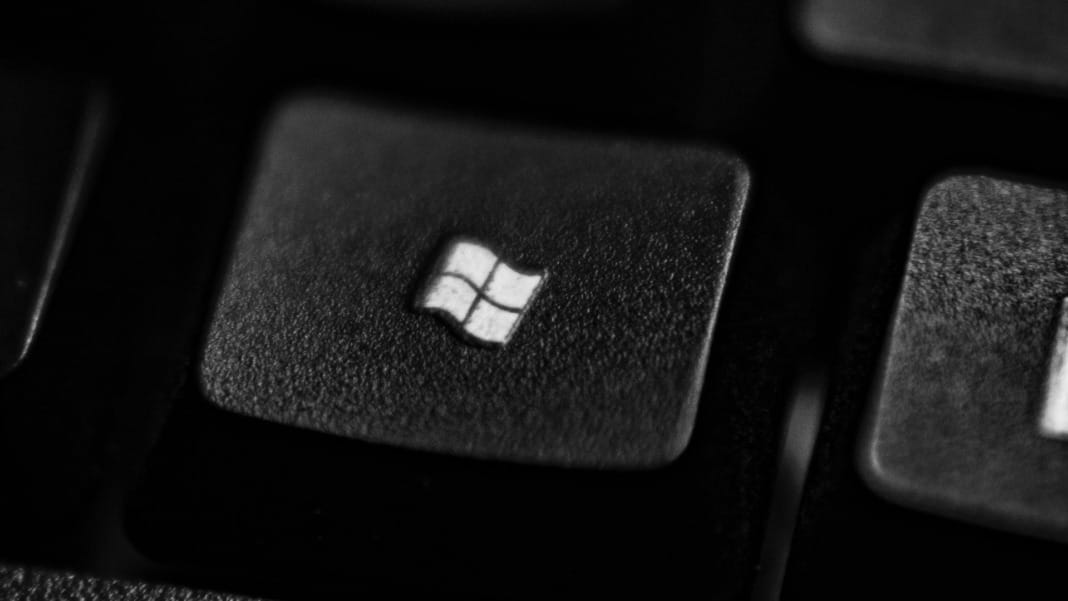The FDA has authorised a sleep apnea detection feature for the Samsung Galaxy Watch, clearing the way for a software update to the Samsung Health Monitor app in the third quarter of this year that will enable the feature for US users. South Korea’s Ministry of Food and Drug Safety gave its nod of approval last fall for using wearable devices to detect breathing interruptions commonly associated with sleep disorders, and the update will roll out there first.
How it works
Users will have to sleep with their Samsung Galaxy Watch on and monitor their sleep twice (for at least four hours each) within 10 days to use the feature. The Galaxy Watch can monitor the wearer’s blood oxygen levels throughout the night to see if they drop, a common sign of sleep apnea and other sleep disorders. According to the Mayo Clinic, breathing interruptions during sleep are one of the critical symptoms of both central sleep apnea (when your brain doesn’t send signals to your breathing muscles) and obstructive sleep apnea (when your throat muscles block air from reaching your lungs).
Addressing controversies and future developments
Although doctors warn that smartwatches are unreliable tools for detecting sleep apnea and other health disorders, major wearables makers like Apple, Fitbit, Withings, and others have tried to enter the space.
In December, Bloomberg reported that Apple is working on advanced health monitoring (including sleep apnea and hypertension) for the next Apple Watch. The FDA hasn’t approved it yet, and Apple is still dealing with a patent lawsuit over blood oxygen monitoring that required it to remove the feature from the devices it currently sells.
Looking ahead
The approval of the sleep apnea detection feature for the Samsung Galaxy Watch underscores the growing interest and investment in wearable health technology. While challenges remain regarding the reliability and accuracy of such devices, ongoing developments promise to bring new capabilities to users seeking to monitor and manage their health through wearable technology.





